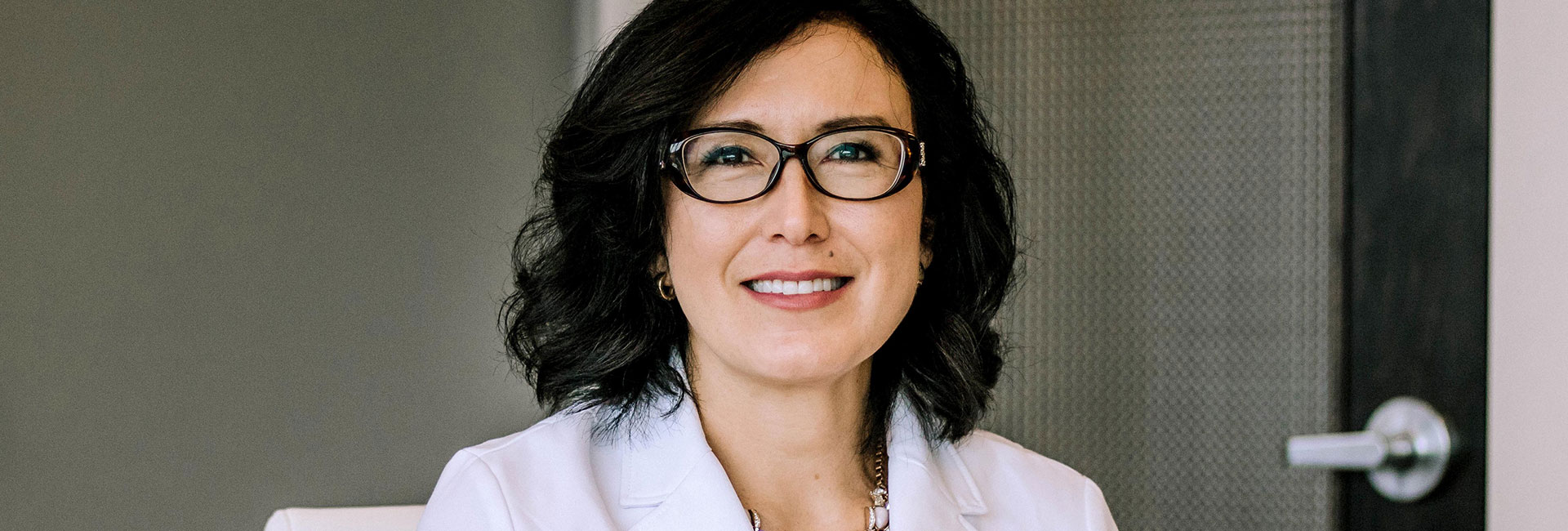Health officials have been urging BC residents to avoid spreading misinformation surrounding COVID-19 vaccines for months.
“There is myriad misinformation, especially on social media, that fuels our apprehension and anxiety,” said Dr.Bonnie Henry in late March.
Additionally, last week the College of Physicians and Surgeons of BC and the First Nations Health Authority (FNHA) released a statement saying that they’ve become aware of some doctors sharing incorrect information on vaccines and supporting treatments for COVID-19 that aren’t backed by science.
But when it comes to the widespread idea that COVID-19 vaccines can impact women’s fertility or pregnancies, Dr.Robin Johnson of the Blossom Fertility and Medical Clinic in Prince George would like to clear the air.
“There is no risk to fertility and the COVID vaccines have not been shown to cause miscarriages, fear makes people believe in outrageous things and it’s easier to fear something than to place trust in the best science the world is offering,” said Dr.Johnson in a statement to mypgnow.com.
Dr. Johnson says her patients have come in wondering whether or not to delay the vaccine until around 12 weeks into the pregnancy when organogenesis in fetal development, a time when basic organs are forming and developing, is finished.
She refers to the Society of Obstetricians and Gynaecologists of Canada‘s guidelines, which promotes vaccination in any trimester.
“We think the benefit in any trimester outweighs any potential small risk there may be, I tell my patients the data is really limited, but the animal studies performed with the vaccines showed no safety concerns,” said Dr.Johnson.
Meanwhile, the Canadian Fertility and Andrology Society (CFAS) refers any woman that is contemplating pregnancy at this time to consider a statement from the American Society for Reproductive Medicine (ASRM).
“The COVID-19 mRNA vaccines are not composed of a live virus; therefore, they are not thought to cause an increased risk of infertility, first or second-trimester loss, stillbirth, or congenital anomalies,” reads the ASRM statement.
Additionally, the CFAS notes that the American Journal of Obstetrics and Gynecology presents preliminary data showing the presence of SARS-CoV-2 IgG antibodies in umbilical cord blood of
babies born to mothers who have received the COVID-19 vaccine during pregnancy.
“SARS-CoV-2 antibodies are present in human breast milk post-vaccination, suggesting that vaccination during pregnancy and the postpartum while breastfeeding can protect the fetus and newborn,” adds the CFAS statement.
In regards to the vaccine rollout plan, Dr.Johnson says she believes the vulnerability of pregnant women in the population needed to be addressed much sooner, and pregnant women should have been prioritized much higher.
“During the onset of the pandemic we were given recommendations to offer vaccines to women with certain comorbidities or risk factors, but that evolved over time with each governing body in women’s health now agreeing that the vaccine should be offered to all. It does take time for the best in medical care to catch up to the best science has to offer so we do not cause harm to our patients,” says Dr.Johnson.
Dr.Johnson says that this entire pandemic has outlined an overarching issue with women’s health in particular.
“I believe women’s health, in particular, is a low priority for our government and it’s hard for providers to practice good medicine with such limited resources most times. This was one of the events in this century that magnified the discrepancy women’s health faces with regards to access to care,” she noted.
She reiterated the importance of getting vaccinated at this time, stating that it’s the best tool for preventing COVID-19 related illnesses.
“There are devastating consequences to an infection during pregnancy. Please get the vaccine, any vaccine, as soon as possible.”
Something going on in the Prince George area you think people should know about?
Send us a news tip by emailing [email protected].






